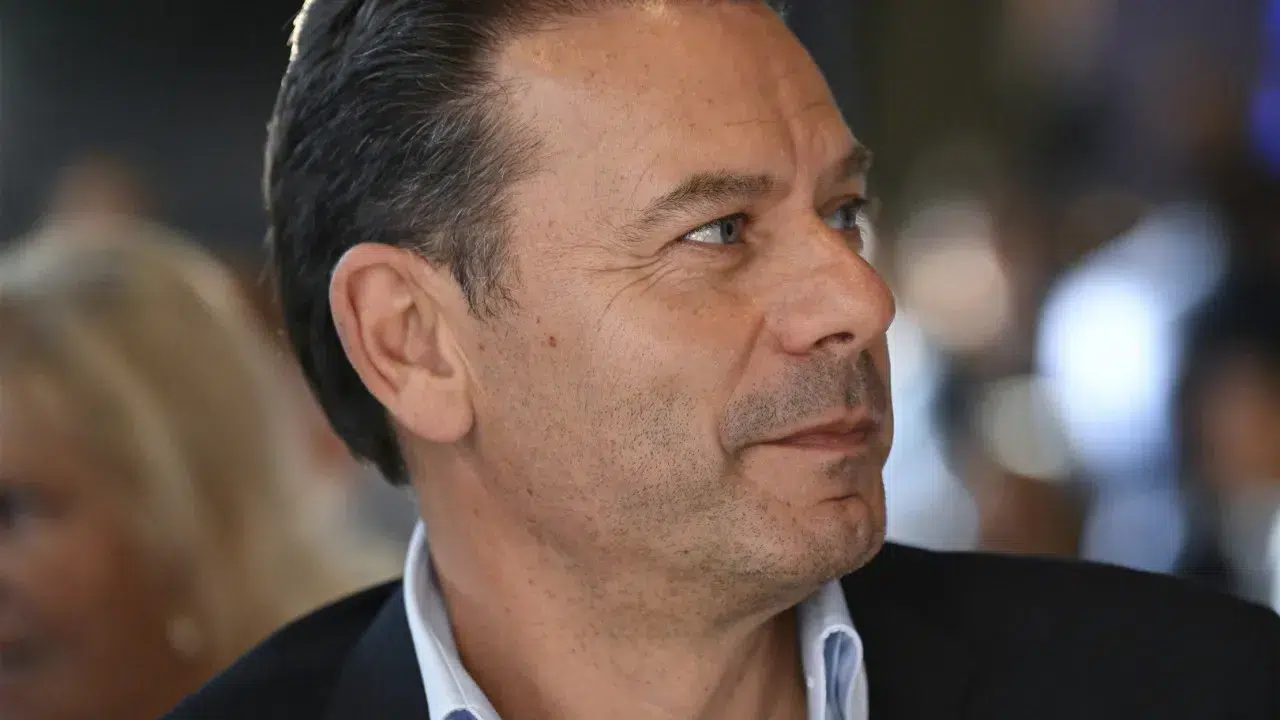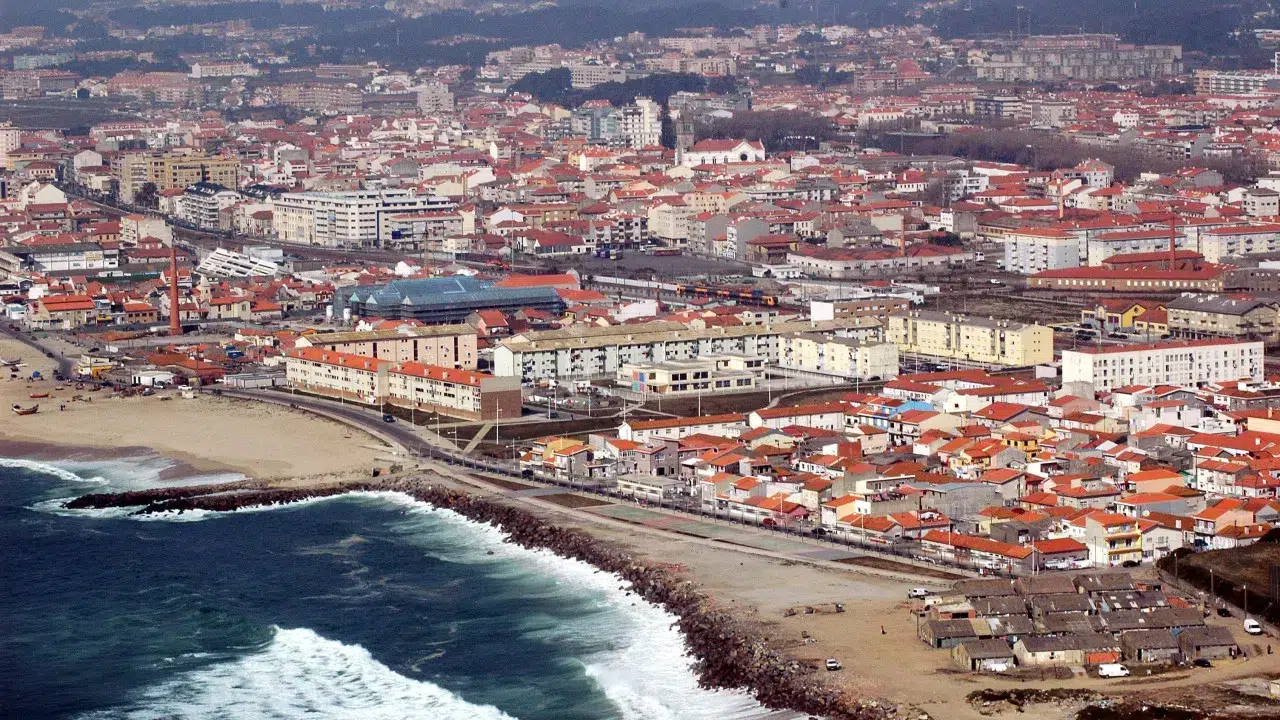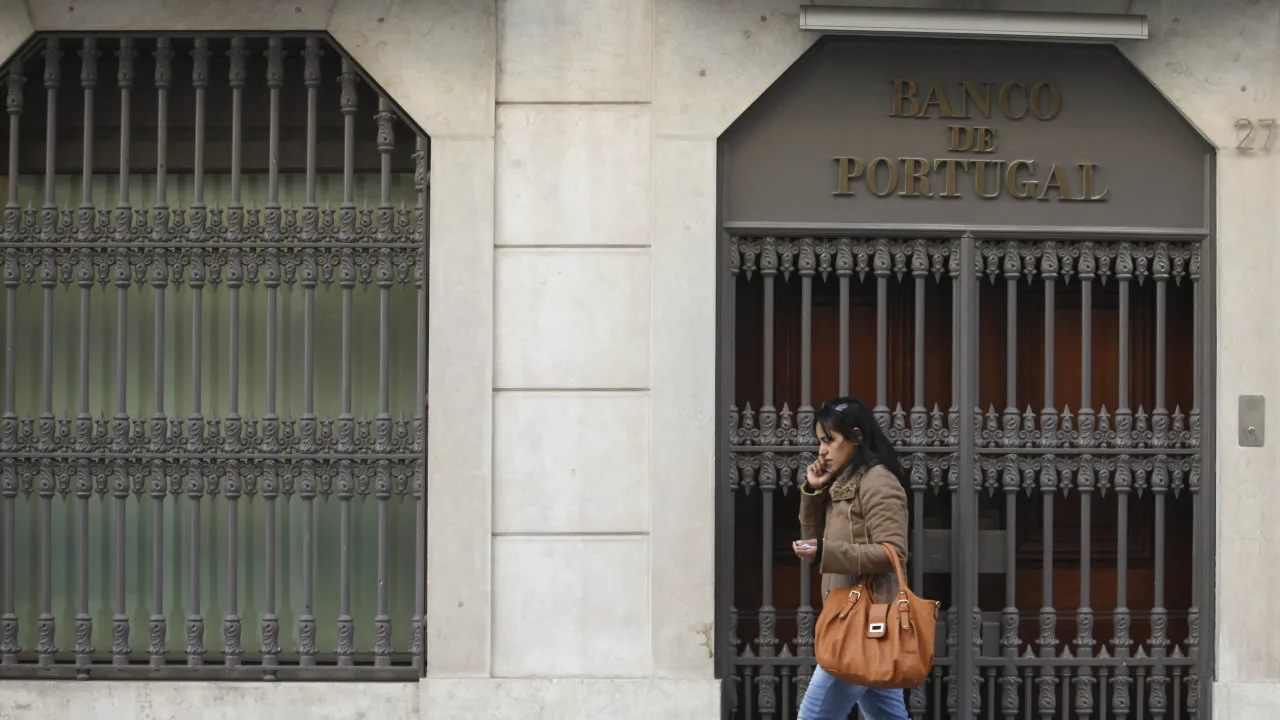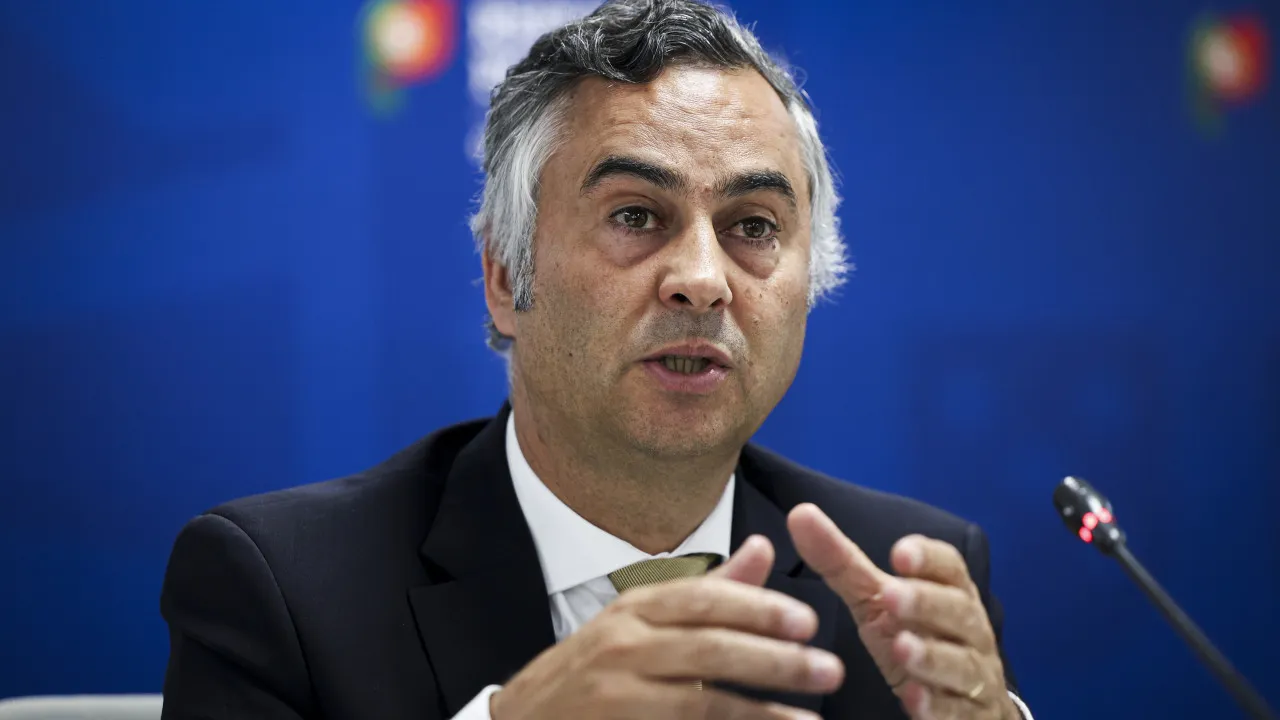
In an interview with Antena 1’s “Política com Assinatura,” Luís Montenegro reiterated that he does not have a preferential or exclusive partner for dialogue. He noted that the party led by André Ventura has been “normalized” for a long time and urged the PS to demonstrate “democratic humility in this new political era.”
“We are in the first month of the legislature, and this week the PS threatened a rupture with the government. Does anyone understand this dramatization, this radicalization in the PS, even contrary to the political line that was more expected today from the current leadership? I myself am somewhat surprised,” he stated, acknowledging that he has also experienced “very difficult moments” within his party.
In response to criticism that the PSD is normalizing Chega, Montenegro remarked: “I think Chega has been normalized in Portuguese political life for a long time,” referencing various bills passed in the last legislature with votes from this party and the PS.
“It’s not a new thing; when Chega votes with the PS, it’s normal. When Chega votes with the PSD, it’s not normal, and we’re the ones normalizing it?” he questioned.
In the interview conducted by journalist Natália Carvalho, Montenegro contextualized his previous statement that the PS and Chega are both “government alternatives,” emphasizing that they have “equivalent representation.”
“That’s how democracy works. Those offended by this are fundamentally offended by the will of the Portuguese people, and I won’t do that,” he asserted.
Regarding which party he finds more trustworthy, he stated he doesn’t distrust anyone on principle and expects a “constructive spirit” from both, though he reiterated that the PS has “a greater history of reliability, a greater capacity for democratic dialogue, and greater political responsibility.”
However, he added that the government counts on the responsibility that Chega “may begin to show, which it hasn’t shown yet and is just starting to show.”
“I have no problem saying it; they’re starting to show it now. We will see if it lasts, if it’s just a flash in the pan or if it’s a consistent trajectory,” he said.
Regarding the PS, he argued that “it won’t survive on the history it had over the last 50 years” and noted that this party “is not used to being in opposition” after governing 23 of the last 30 years.
“This has spoiled the PS, and the PS should have the democratic humility to know how to be in opposition,” he urged.
Montenegro expressed “high hopes that the two major opposition parties” could allow the State Budget for 2026 and appealed for the PS and Chega not to join forces again to approve measures like a permanent increase in pensions.
“That was a line crossed last year, which I hope remains an exception, because it questions governance conditions and is irresponsible,” he remarked, suggesting that the country only financially supports assessing the possibility of a one-time bonus for retirees, as will happen again in September.
Regarding public finances, Montenegro argued that the distribution made by the government has only been possible due to a budgetary management of “great rigor” and assured that he would do everything to prevent Portugal from returning to periods of imbalance, emphasizing that the country’s situation is considered exemplary in Europe.
When asked if this means a tribute to the former PS Prime Minister António Costa, he chose to highlight his PSD predecessor: “It’s a tribute I pay to Pedro Passos Coelho and the governments that, since then, understood that balancing public accounts is not the ultimate goal of government policy, nor financial, much less economic policy, but it’s an assumption.”
On international matters, the Prime Minister admitted that the government “is not satisfied” with the first version of the community budget, foreseeing “intense months of negotiation” and acknowledged that U.S. tariffs could have “significant impacts” on Portugal.
Even so, he argued for a need to “follow a line of prudence” and reject “more precipitate impulses,” such as immediate retaliation, favoring European-level coordination.




